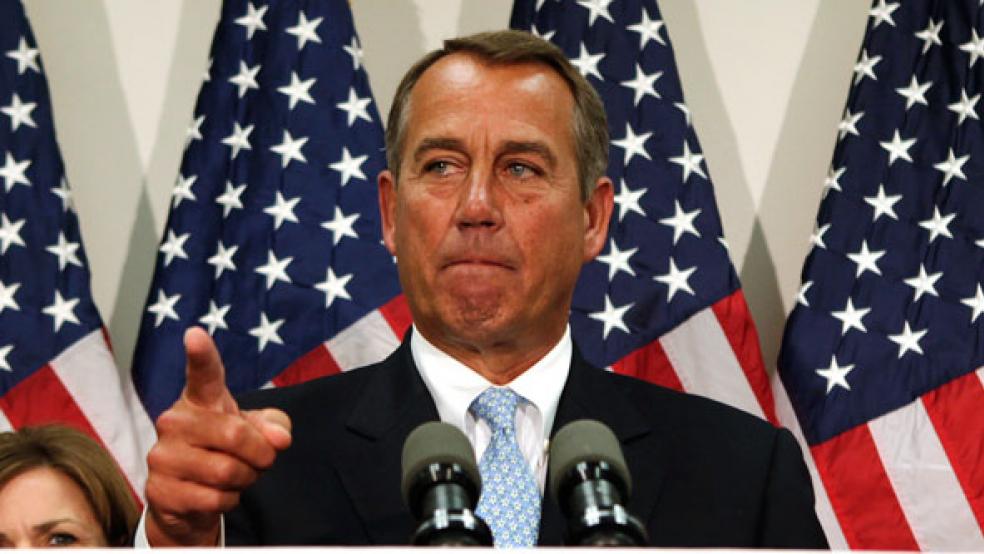The economy may have created 175,000 jobs in February, according to the Labor Department, but at the same time, an additional 203,000 people joined the ranks of the long-term unemployed, having been out of work for 27 weeks or more. This means that they are not just jobless, but that the vast majority of them have exhausted their unemployment insurance benefits.
The likelihood of the long-term unemployed seeing any relief soon dimmed Friday, when an aide to House Speaker John Boehner (R-OH) said that none of the options to renew a federal extension of unemployment benefits being considered by the Senate – even a new proposal being advanced by Republicans – would be acceptable to the Speaker.
Related: Carolina Comeback Masks Long-Term Unemployment
Last week, an aide to Boehner told The Fiscal Times, “The Speaker has said multiple times that he’s open to discussing an extension of emergency unemployment benefits as long as it is paid for and includes measures to actually help create new jobs.” However, he added, “Thus far, the president or Senate Democrats have failed to offer such a plan.”
Since then, Republicans in the Senate have put forward a plan that would extend benefits for five months, rather than the six-month extension Democrats have been pushing. The Democrats have suggested paying for the extension with the savings from a recently-enacted farm bill. The new Republican legislation would pay for the extension through a combination of revenue increases and spending offsets.
Either proposal would still have to get through the House, and Boehner’s Press Secretary Brendan Buck, contacted by email on Friday, reported that there had been “no change” in the Speaker’s stance with regard to the negotiations in the Senate. Specifically, Buck confirmed that even the bill being proposed by Senate Republicans would not meet Boehner’s criteria.
For the 203,000 people who joined the ranks of the long-term unemployed in February, this means that the support provided by unemployment benefits is gone and won’t be coming back soon.
Related: Where Unemployment Insurance Benefits Stand in Your State
A few months ago, that would not have been the case. As it has in most every economic downturn in recent history, the federal government had authorized an extension of jobless benefits that, at one point, extended insurance to 99 weeks from the roughly 26 weeks provided by most states. But that extension expired in December, and in the intervening months, more than 2 million Americans who would have benefited from the extension have stopped receiving benefits.
A renewal of the Unemployment Insurance extension has been locked up in Congress since lawmakers returned from their Christmas break in January. The Senate has tried to vote on different versions of the extension, but each attempt was blocked by a Republican veto, most recently coming within one Republican vote of success. The House of Representatives has not voted on an unemployment insurance extension at all.
The job numbers released Friday, as well as a new study by the Center on Budget and Policy Priorities showing that 200,000 of the long-term unemployed are also veterans, is putting new pressure on lawmakers to take action.
“To help Americans looking for work, we should provide the lifeline of unemployment insurance to those who have lost their job through no fault of their own,” said Senate Majority Leader Harry Reid (D-Nev.) “We are one Republican vote away.”
Top Reads from The Fiscal Times:




